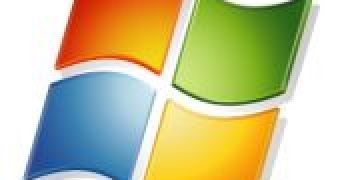Microsoft is confirming officially that it’s hard at work on the next iteration of the Windows client, the successor of Windows 7. For the time being the next major version of the Windows client doesn’t have an official label. The Windows 8 moniker continues to be used largely, including by some Microsoft employees, but the Windows vNext, or simply Windows Next are also popular choices.
Now, fact is that planning for Windows 8 had started even before Windows 7 had reached Release Candidate, with the first confirmation offered almost two years ago.
But the latest details offered by the Redmond company are interesting because they offer a little information on the pillars of Windows 8.
“Meanwhile, work is underway for the next version of Windows,” reads the conclusion of the “A history of Windows - Highlights from the first 25 years” article.
But just above it is the ‘What’s next?’ question, with an answer from the software giant.
“Many laptops no longer have a slot for DVDs and some have solid state drives rather than conventional hard disks.
“Most everything is streamed, saved on flash drives, or saved in the "Cloud"—an online space for sharing files and storage.
“Windows Live—free programs and services for photos, movies, instant messaging, e‑mail, and social networking—is seamlessly integrated with Windows so that you can keep in touch from your PC, phone, or the web, extending Windows to the Cloud,” Microsoft stated.
The reference to USBs is interesting, because Windows 7 already allows users to install the platform from an USB device rather than from a DVD.
It’s expected of Microsoft to also enable customers to deploy Windows 8 from additional media than DVDs.
The Cloud is also bound to play an increasing role in the life of Windows 8 users. And this is valid beyond the next version of Windows Live (Wave 5) which will be designed with the successor of Windows 7 in mid.
Microsoft specifically mentions the process of saving content in the Cloud, sharing online and using hosted hard disks for additional storage. Could this mean that Windows 8 will reach into Windows Azure with some new services such as Cloud storage, backup, synchronization, etc.?
Meanwhile Microsoft notes that the future is already here. What do you think?

 14 DAY TRIAL //
14 DAY TRIAL //